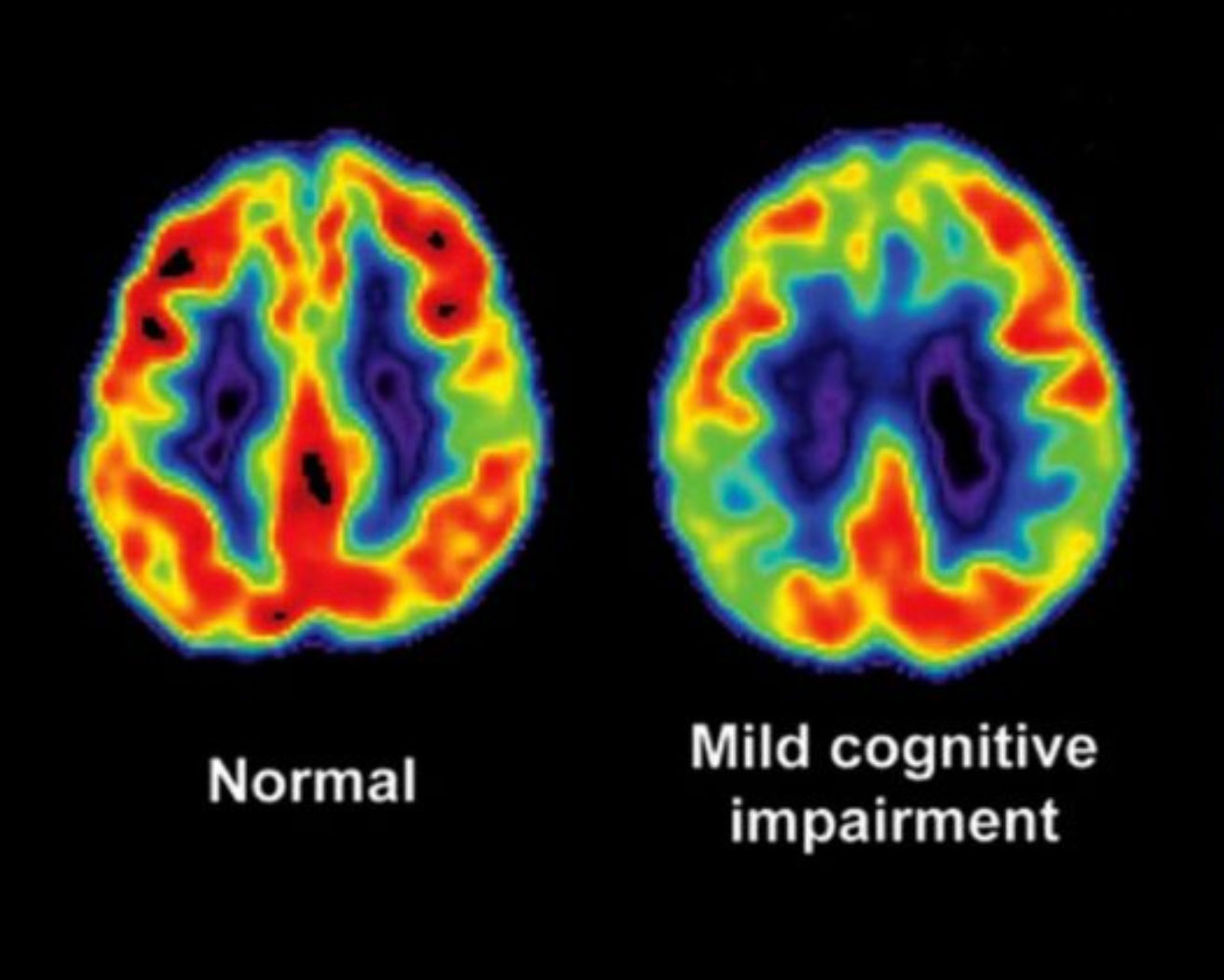Your nervous system plays a crucial role in controlling your body’s functions. When something goes wrong, it can cause a wide range of symptoms, from headaches to memory loss. But when should you see a neurologist? Recognizing the signs that indicate neurological issues can help you seek timely care and prevent further complications.
Frequent Or Severe Headaches

Everyone experiences headaches, but if you're having frequent or intense migraines that disrupt your daily life, it might be time to see a neurologist. Chronic headaches with additional symptoms like nausea, vision changes, or dizziness may indicate neurological disorders that require medical attention..
Persistent Numbness Or Tingling

If you often feel numbness or tingling in your arms, legs, or other parts of your body, this could be a sign of nerve damage or a neurological condition. Conditions such as multiple sclerosis or peripheral neuropathy can cause these sensations, and a neurologist can help diagnose the underlying cause..
Memory Problems Or Cognitive Decline

Forgetfulness and occasional confusion are normal with aging, but significant memory loss and cognitive decline may indicate serious conditions like Alzheimer’s disease. A neurologist can assess your symptoms and determine if further testing or treatment is necessary..
Dizziness Or Balance Issues

Feeling unsteady on your feet or experiencing frequent vertigo may signal an issue with your nervous system. Neurological disorders affecting the brain or inner ear can lead to balance problems, and a neurologist can help diagnose the root cause..
Seizures And Tremors

Seizures can occur for various reasons, including epilepsy, infections, or brain injuries. Uncontrollable shaking, tremors, or muscle spasms can also point to neurological conditions such as Parkinson’s disease. If you're experiencing these symptoms, a neurologist can perform examinations to determine the best course of action..
Chronic Pain Without A Clear Cause

Long-term pain, especially when it lacks a clear cause, may be linked to nerve damage. Conditions like fibromyalgia or neuropathy can cause chronic pain, making it essential to consult with a neurologist for diagnosis and treatment options..
Sleep Disorders And Fatigue

Persistent sleep disturbances, such as insomnia, sleep apnea, or excessive daytime fatigue, can relate to neurological conditions. A neurologist can evaluate your sleep patterns and recommend treatments to improve your sleep quality and overall well-being..
Weakness Or Muscle Loss

If you experience unexplained muscle weakness or loss of strength, it could be a sign of neurological disease. Conditions such as ALS (Amyotrophic Lateral Sclerosis) or neuromuscular disorders require early intervention, and consulting a neurologist can help with proper diagnosis and management..
Vision Problems Linked To Neurological Conditions

Sudden vision changes, such as double vision, blurriness, or vision loss, can sometimes stem from neurological issues like optic neuritis or strokes. A neurologist can conduct tests to identify the cause and recommend appropriate treatment..
If you're asking yourself, 'when should I see a neurologist?', it's important to recognize concerning symptoms early. From chronic headaches to muscle weakness and cognitive decline, neurological conditions can affect various aspects of your health. Seeking timely medical attention can help prevent complications and improve your quality of life. If you're experiencing any of these symptoms, consider consulting a neurologist for a proper evaluation.


